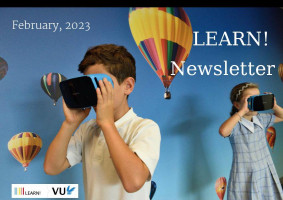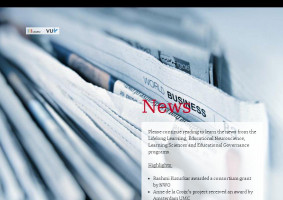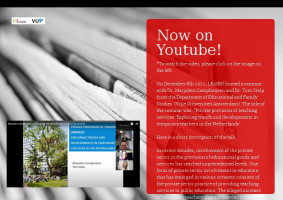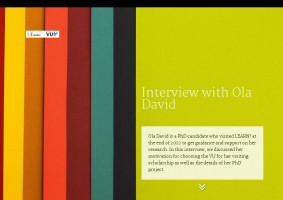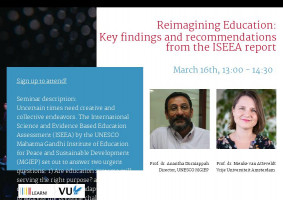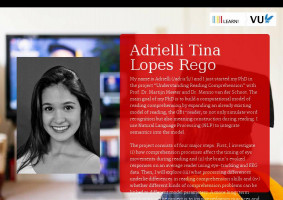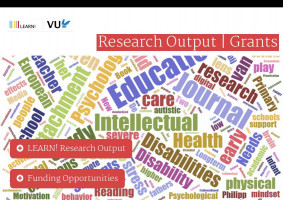Standardised assessments play an important role in many education systems. They inform decisions about progression, certification, qualification and graduation of students and provide or withhold opportunities for those who take these tests. Standardised assessments are often valued for providing an objective measure of student learning and trustworthy instruments to validate student learning. However, trust in these types of assessments is not self-evident and has been questioned during the pandemic when exams were cancelled and replaced by alternative measures.

Various studies have also indicated a range of unintended consequences from standardized assessments, particularly when these are high stakes. The most common examples are teaching to the test and narrowing of the curriculum, but these tests can also skew the entire system to focus on a narrow set of measured outcomes.
In this special issue journal, we present a conceptual framework that describes the conditions under which standardized assessments can operate as trusted measures of student competences and signal quality of teaching, schools and school systems. The framework describes how standardized assessments shape relations of trust within the system, and how we can ensure that students, teachers, policy-makers and the wider public can trust the outcomes and consequences of these exams. A number of papers illustrate the framework with empirical research about standardized assessments in Scotland, Ireland, Chile, Norway and China, while a concluding paper reflects on the future of assessment and how the introduction of technology (e.g. AI) might enhance or reduce trust in standardized tests.
The journal is open access and can be found here.
(1)_w400_h500_1.jpg)
